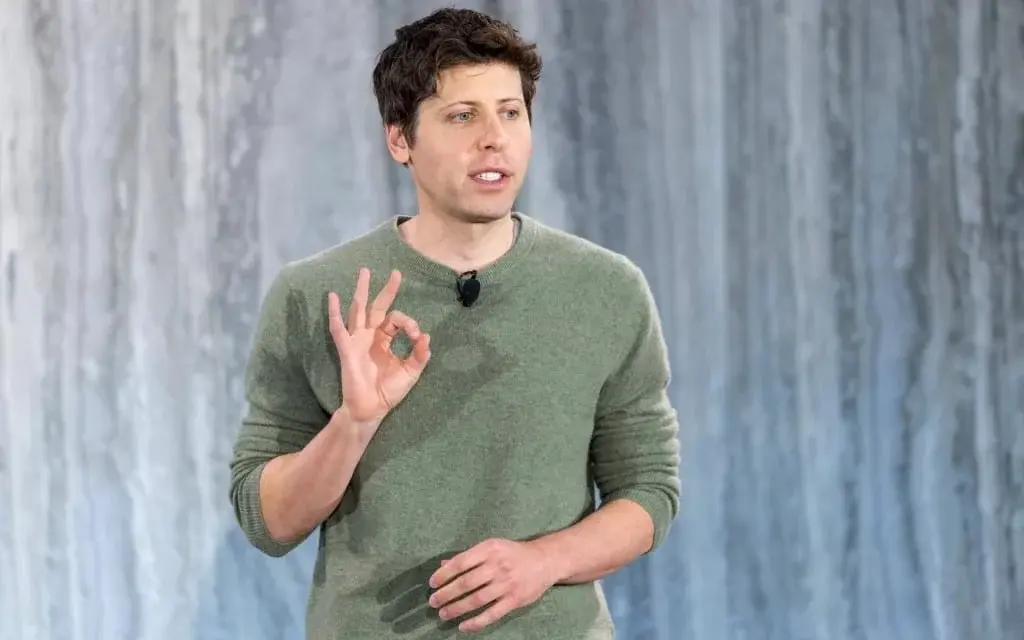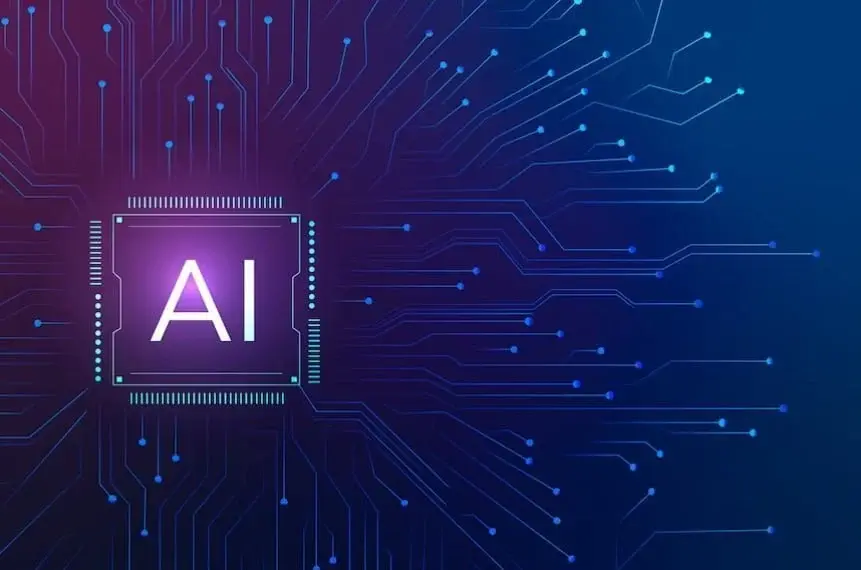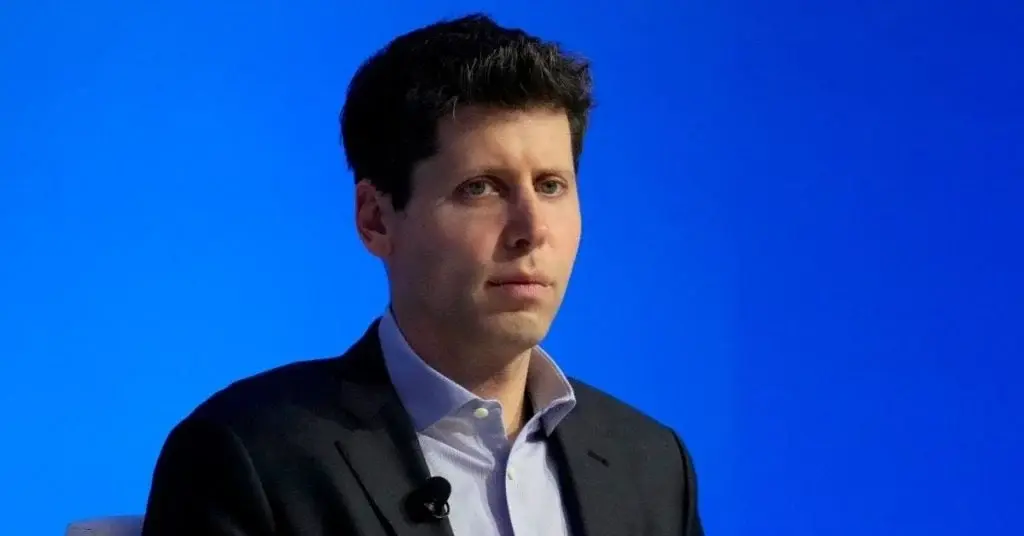Key Takeaways
1. Sam Altman is considering investing in Merge Labs, a company competing with Neuralink in brain-computer interface technology.
2. Altman believes that the integration of humans and technology is already happening and will progress rapidly.
3. Neuralink has made significant advancements in brain implant technology and is currently conducting trials for ALS patients.
4. If Altman invests in Merge Labs, the company will need to quickly advance to compete with Neuralink’s progress.
5. There is no formal agreement yet on the investment, but Altman’s interest in human-machine merging suggests it may happen soon.
OpenAI’s head, Sam Altman, has found himself in a number of public and legal disputes with Elon Musk, who co-founded Neuralink and leads Tesla, SpaceX, and xAI, among other ventures. The two have been openly at odds, and now Altman is looking to invest in a competing company to Neuralink: Merge Labs.
Altman’s Investment Plans
According to a report by the Financial Times, Altman is currently in talks with Merge Labs to provide financial support. This startup is focused on creating brain-computer interfaces, akin to the technology developed by Neuralink.
Altman’s Vision
Since 2017, Altman has expressed thoughts on the integration of humans and technology. On his personal blog, he stated: “I believe the merge has already begun, and we are several years into it. (…) It’s likely to occur sooner than most anticipate. The hardware is progressing at an exponential pace.”
Neuralink has achieved notable progress in brain implant technology. The company is presently conducting trials of its interface in the UK for individuals with limited or no hand function due to amyotrophic lateral sclerosis (ALS). Earlier trials in the US, known as the Prime trials, showed encouraging results.
The Road Ahead for Merge Labs
Should Merge Labs receive Altman’s investment, it will need to rapidly advance to match Neuralink’s achievements. Reports indicate that the company is also collaborating with Alex Blania, the CEO of Tools for Humanity, which Altman co-founded.
As of now, there has been no formal agreement or announcement regarding this potential investment. However, Altman’s keen interest in the merging of humans and machines makes this a likely development. In his blog, he noted: “The merge can take many shapes: We could insert electrodes into our brains, or we could just become very close friends with a chatbot. But I believe a merge is probably the best-case scenario for us.”
Source:
Link






